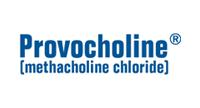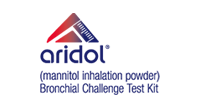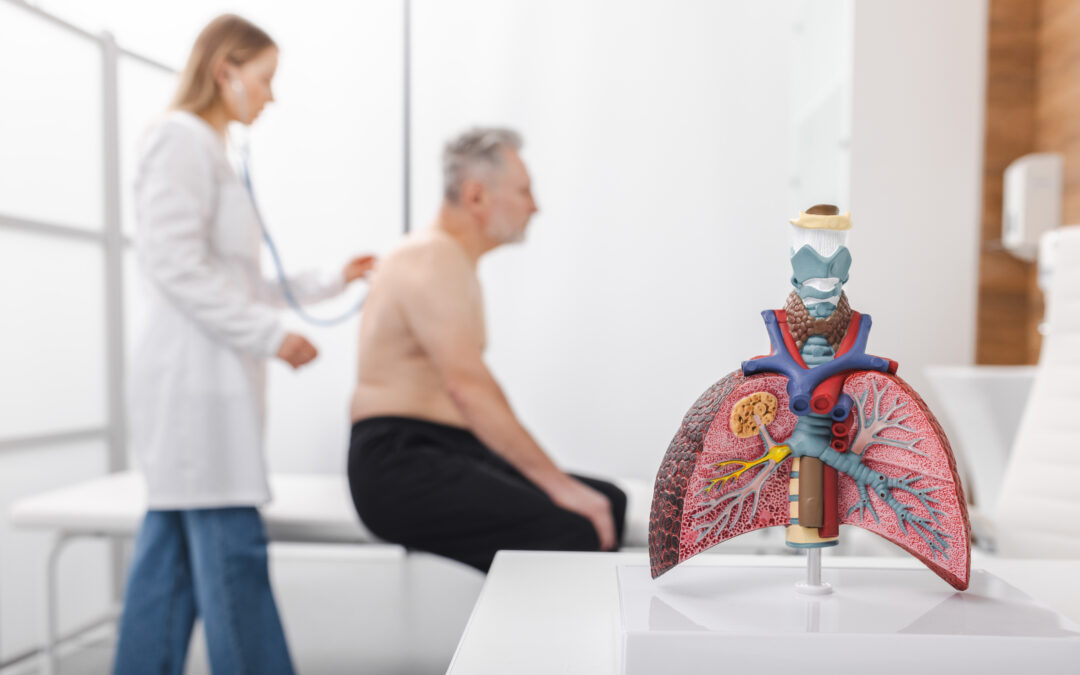Nathan Pounds, BS, RRT, AE-C
As respiratory therapists we provide direct patient care, patient education, and care coordination in various in-patient and out-patient settings. This includes acute care facilities, long-term and sub-acute care facilities, skilled nursing facilities, physician’s offices, and in-home care. The field of respiratory therapy is growing rapidly, with employment projected to increase by 14% from 2021 to 2031, according to the U.S. Bureau of Labor Statistics. This growth, combined with increased awareness of our profession due to COVID, presents an opportunity for us to advance as individuals and as a profession. One way to do so is to pursue advanced education.
The 2018 AARC position statement on respiratory therapist education outlines why respiratory therapists should consider pursuing an advanced degree. Factors such as increased emphasis on evidence-based medicine, focus on respiratory disease management, demands for advanced patient assessment, and the growing complexities of healthcare, clearly mandate that respiratory therapists achieve formal academic preparation commensurate with an advanced provider role. The primary purpose of a formal respiratory care educational program is to prepare competent respiratory therapists for practice across multiple healthcare venues. Respiratory care educational programs are offered at two-year colleges, four-year colleges, and universities. The preferred education for entry-to-practice as a respiratory therapist should be provided within programs awarding a baccalaureate or master’s degree in respiratory care (or equivalent degree titles). Associate degree respiratory care programs, which hold continuing accreditation by the Commission on Accreditation for Respiratory Care (CoARC), are allowed to continue as long as they remain in compliance with CoARC policies and standards. The AARC encourages all respiratory therapists to obtain a baccalaureate degree. Respiratory therapists seeking to practice in advanced practice settings, leadership roles, research, and in professional educator roles should seek higher education at the master’s or doctoral levels.
If you are considering advancing your education in respiratory therapy, you might be wondering if it’s worth your time, energy, mental capacity, and finances. According to the 2020 AARC human resources study, 82% of respiratory therapists earned an associate degree compared to 81% six years ago, while 17% had earned a bachelor’s degree at the point that they completed their professional training compared to 18% six years ago. The remaining 1% had earned a master’s degree in 2020. The survey asked for respondents’ highest academic levels as a separate question from the one about the degree from the respiratory therapy program. Among those who did respond, 51% had completed an associate degree and 32% had earned a bachelor’s degree. Again, 17% of respondents started with a bachelor’s degree from their respiratory therapy program, although a few could have had a bachelor’s degree before starting their program. 11% had completed a master’s degree, and 1% had completed a doctorate degree. So, undoubtedly if you earn a higher degree, you are setting yourself apart in the field of respiratory care. Whether that is simply to advance your knowledge to be a better staff therapist, or to pursue positions in higher education, research, management, industry, etc. Earning your advanced degree can certainly help set you apart from the crowd.
Pursuing higher education can lead to increased job opportunities and higher salaries for respiratory therapists. They can consider pursuing a bachelor’s or master’s degree in respiratory therapy, healthcare administration, or a related field to expand their knowledge and skills. While the financial cost of obtaining an advanced degree may be high, there are options available to help offset the cost, including scholarships, grants, and tuition reimbursement programs. Some respiratory therapy programs offer scholarships or tuition reimbursement for students, and government and private organizations offer grants and scholarships for healthcare professionals, such as the Health Professions Education Foundation, the American Respiratory Care Foundation, the National Board for Respiratory Care, and the American Association for Respiratory Care. Here are a couple of websites that have scholarship and award information:
https://www.aarc.org/education/educator-resources/scholarships/
Moreover, many higher education institutes now offer “in-state” tuition to all students, making it easier for students to attend the program of their choice without worrying about paying out-of-state tuition. So, make sure and check with the financial aid department at any institute that you are considering so you can see what options they have available to you.
For those who are working and have families, pursuing an advanced degree can be challenging, but not impossible. Online programs provide more flexibility in scheduling, allowing students to balance their work and personal obligations while pursuing their education. Additionally, many programs offer full-time or part-time options, so students do not have to feel the pressure of working and going to school full-time.
About the Author:
Nathan Pounds, BS, RRT, AE-C
Laboratory Coordinator-Respiratory Therapy
Ozarks Technical Community College








